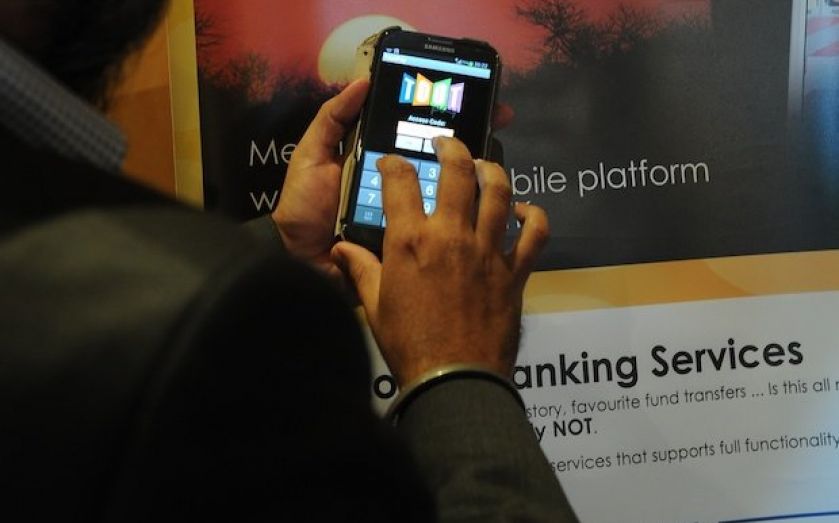The Long View: The real way to shake up British banking: Embrace the third party future

THE LACK of competition among Britain’s retail banks is under the microscope. Yet an important part of the solution is not getting enough attention. While breaking up big banks would not be as easy as Ed Miliband thinks, and the current height of the regulatory hurdles makes the field of entrants sparse at best, the potential for third parties to disrupt the consumer experience online is huge.
Think of it as the other end of current account portability. Your bank account stays where it is, but you change the provider through whom you gain access to your financial information. This has been an important trend in the US for some time, where money management pioneer Mint.com was founded in 2006 and now claims 10m users. Another related company, Simple, actually offers banking services but these are outsourced to a third party, with Simple focused on perfecting its customer experience. It is getting good at it. After a fortnight trialling Simple banking, a Business Insider journalist’s headline this week screamed “I Stopped Using Regular Banks For Two Weeks – And I’m Never Going Back”.
Improving online experience may seem trivial, but so many consumer bank transactions are now via the internet that this is like saying a retail bank shouldn’t worry about the experience its branches offer. And disaggregating the hard financial lifting of running a bank from the creative and design challenges of building an interface allows specialists to shine in each corner.
Separating banks from the portals we use to manage our money has the potential to bring more competition to bear on rates and fees, while allowing customers to use the accounting tools they like without being tied to any particular account. Think Money Dashboard, which works with most accounts, rather than Lloyds’ exclusive Money Manager.
Crucially, such services allow you to access information from accounts with different financial companies all in one place. If we want the public to save properly, we want them to be open to using a range of firms, rather than letting the convenience of taking out an Isa or mortgage where they bank blind them to the possibility of better deals elsewhere. Instead of making accounts more portable, this innovation helps achieve that by making consumer loyalty more portable.
There is more to be done. OnTrees is an interesting new app, and Money Dashboard has been around on desktops for some time. However, both are read-only, so unlike Simple they provide money management tools, rather than allowing you to make payments directly. Another idea with great potential is the Open Bank Project, which aims to create a secure API allowing third parties, who pay the bank for developer access, to build apps. This could be truly revolutionary.
Rather than deluded schemes to alter the banking landscape overnight, politicians should be pressuring banks to clarify that using third parties does not violate their terms and conditions. Banks should consider the reputational costs of IT disasters, the savings from outsourcing portal design to the experts and embrace the third party future.
Marc Sidwell is managing editor of City A.M.